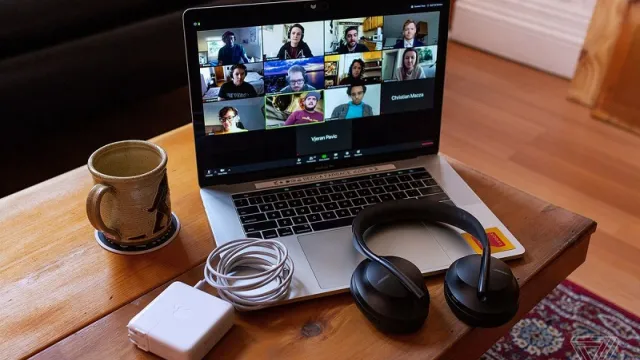Paul Kasimu: Covid frayed the traditional workplace. What skillset should employees have now?

Paul Kasimu: Covid frayed the traditional workplace. What skillset should employees have now?
For employees in virtually every sphere of Kenya's economy, it’s been a tough two years.
Unfortunately, with the threat of emergence of new Coronavirus strains, the pandemic looks set to keep casting a dark shadow over thousands of employees for yet another year and bring with it huge implications for careers and necessary skills.
Globally, Covid-19 saw companies and consumers rapidly adopt new behaviors that are likely to stick, and fundamentally change the trajectory of many careers in the modern workplace.
Already some employers are shifting to flexible workspaces after positive experiences with remote work systems during the peak of the pandemic. Managers can now attest that working from home is after all not a paradise of slackers – a company’s performance is what counts.
Working virtually has seen a reduction in the overall space that companies need and they can perhaps juggle with bringing fewer workers into the offices each day going forward.
Further, remote work may also put a dent in the need for business travel as extensive use of videoconferencing during the pandemic brought with it the acceptance of virtual meetings and other aspects of the future of work.
Read also: Will Equity shake insurance like it shook the banking industry?
In Kenya, other kinds of virtual transactions such as online banking, telemedicine, and streaming entertainment have also taken off with various companies - local and foreign - trailblazing in these digitally-enabled ways of trade.
Whereas these virtual practices may decline somewhat as the economy reopens and returns to normalcy, a significant percentage of them are likely to continue and develop even further well above levels seen before the pandemic in the months ahead.
This fundamental shift to digital transactions has propelled growth in delivery, transportation, and warehouse jobs and even more importantly bringing to the fore the call to re-purpose one's career and skills to sync with the need of the future of work post-Covid-19.
A key consideration in today’s world and especially with the emergence of COVID-19, is the need to be all-around, says Safaricom PLC Chief Human Resources Officer Paul Kasimu.
"It is important to always be ready and take advantage of emerging technology and opportunities. With technology dissolving many boundaries and leveling the business playing field, it is undoubtedly changing the operating paradigm of how we work," Mr Kasimu adds.
For businesses across the world, processes are now slowly being more technology-driven than people-intrinsic, calling for the need for employees to adapt accordingly.
This shift means more focus on tasks that require critical thinking and creativity, giving more scope of work for the new-age employees and changing the way they engage with their job, he notes.
To back up your skillset, how about considering going (back) to school or volunteering to gain the requisite experience as part of your New Year resolutions?
The scale of workforce transitions set off by the pandemic on labour trends has increased the urgency for firms and policymakers to take steps to support relevant training and education for the workforce.



